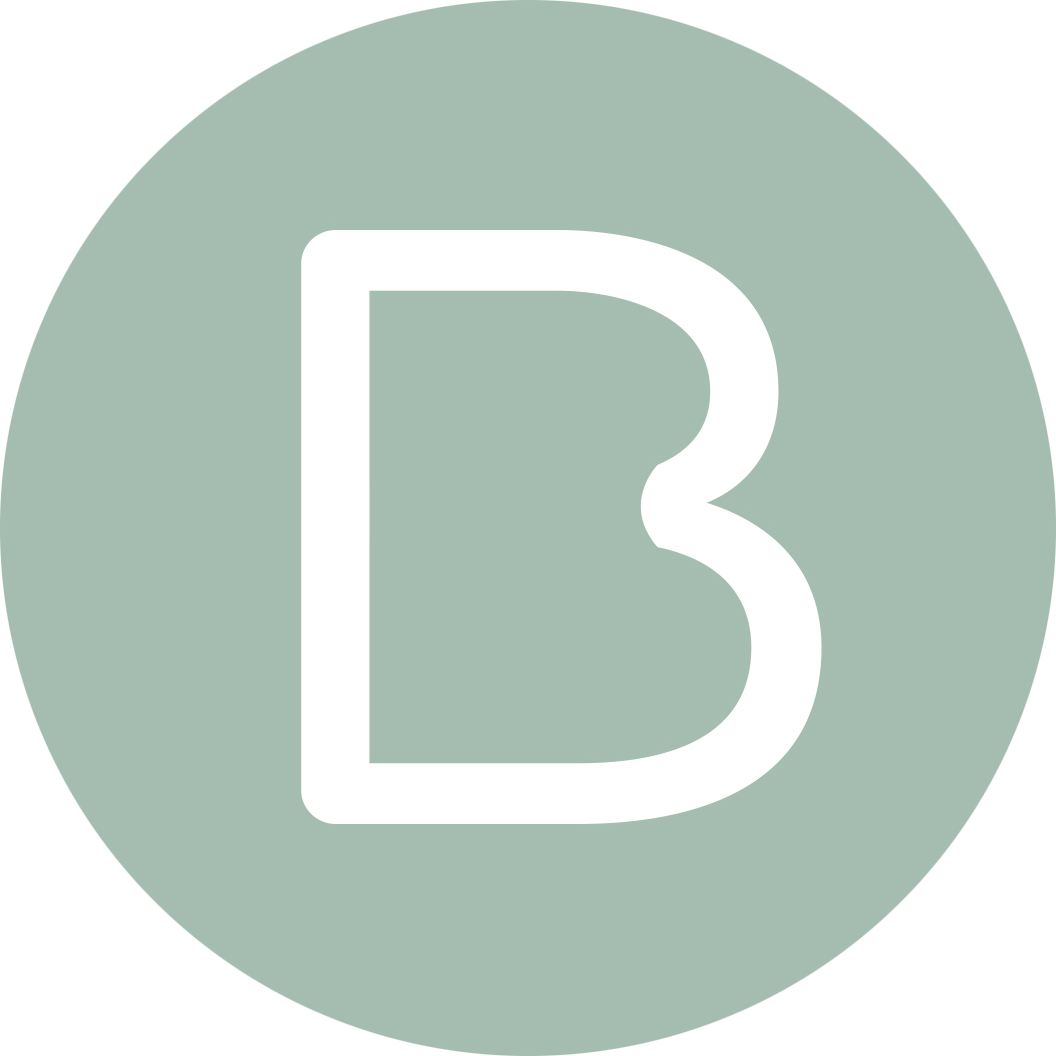Interview Tips
You only have one chance to make a first impression. The key to nailing an interview is confidence, research, and practice! We know interviewing can be a challenging process, so we suggest following the tips below.
1. Research.
Before any interview, you want to make sure you are prepared. Preparation starts with research! Research as much as you can about the company, your interviewer, and any relevant news about the company. Research can often times make or break the likelihood of you getting the job. Here are some suggestions on the steps to take to best research the company prior to interviewing:
Go to the company’s website
Go to the company’s LinkedIn profile and start following them and key people in the company
Go to the company’s Facebook page and Like them
Check out the company’s Twitter page & start following them
Google search for any press, news, articles, etc.
Check to see if they are on Crunchbase
2. Clear communication.
Be concise in your responses to interview questions. The interviewer can probe further if they want you to expand, but it is important to be direct. Try not to ramble. If you do not know the answer to a question, it is OK to ask for a few minutes to think about your response rather than rambling.
One of the most common pieces of feedback we get from clients who are passing on a candidate is that their responses were “too vague.” It’s important to be very specific in your answers and provide concrete examples to support your statements in your interview.
So the next time you are preparing for an interview, go through every line item on your resume from your last few jobs and jot down in the margins additional tangible and specific details of how you achieve those tasks. Keep this resume near you during your phone call so that you can dive into the details. You want to leave an interviewer feeling like they understand exactly what and how you do your job. For examples that illustrate more specific answers about your experience, check out our blog post to avoid one of the most common mistakes.
3. Responsibilities.
Understand the responsibilities of the job and be able to discuss your experience as it relates to the responsibilities. Make sure to use specific examples from previous experiences to strengthen your answer.
4. Questions.
Have questions prepared that are intelligent and well-thought-out. You don’t want to ask questions that can be easily found on the internet.
5. Tone and energy.
Mirror the interviewer's tone and energy. This will help you communicate more effectively with them.
6. Dress.
Know your audience and dress appropriately. Check out the company’s ‘team’ page to get an idea of the company culture.
7. Non-verbal cues.
Give a firm handshake upon arrival and give great eye contact throughout your interview. Non-verbal cues like (handshake, eye contact, posture, composure, smiling) make a BIG impact on your overall impression on others in the interview.
8. Business cards.
Collect business cards from the people you speak with so you have their email addresses for thank-you emails. (Sample thank you emails are included in our resource section.)
9. Phone Interviews.
Be in a quiet place and have your resume, notes, and prepared questions in front of you.
10. Video Interviews.
Double-check that the sound and camera on your computer are working 10 minutes before the call. Look into the camera as much as possible when you're speaking.
